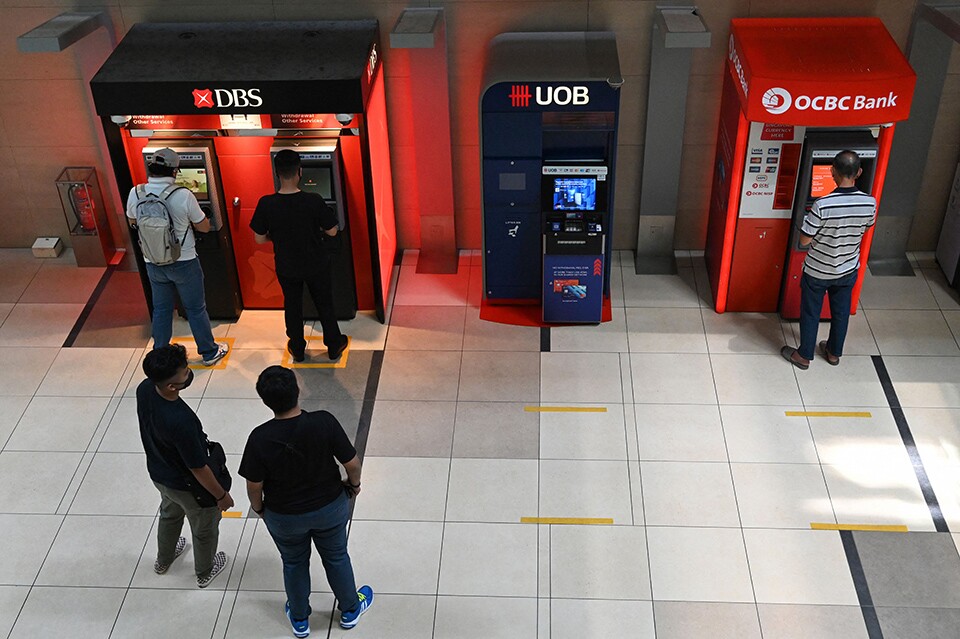Back in 2016, as part of Euromoney's annual Awards for Excellence, we issued our first awards to banks serving up the best product offering to small- and medium-sized enterprises.
Singapore’s OCBC was named Asia’s best bank for SMEs that year – and the one that followed. Its domestic peers UOB and DBS then chipped in. To date, that prize has never been awarded to a non-Singaporean lender.
Even on the international stage, few can compare with the trio. We named DBS the world’s best bank for SMEs twice, while UOB picked up the gong once. Only two other institutions, HSBC and Banco Santander, have won the global award.
This begs the question: are Singapore’s three big banks really that much better at meeting the needs of smaller and mid-sized corporates than any other bank elsewhere year after year? And if so, why?
To understand why the Lion State does so well in SME banking, it is tempting to forage around for clues in its origin story. The Republic of Singapore became a sovereign nation, independent from first the UK then Malaysia, in 1965. Surely its rise to pre-eminence can be traced to those early years?
Not so. The city-state’s first years were fraught with uncertainty.

